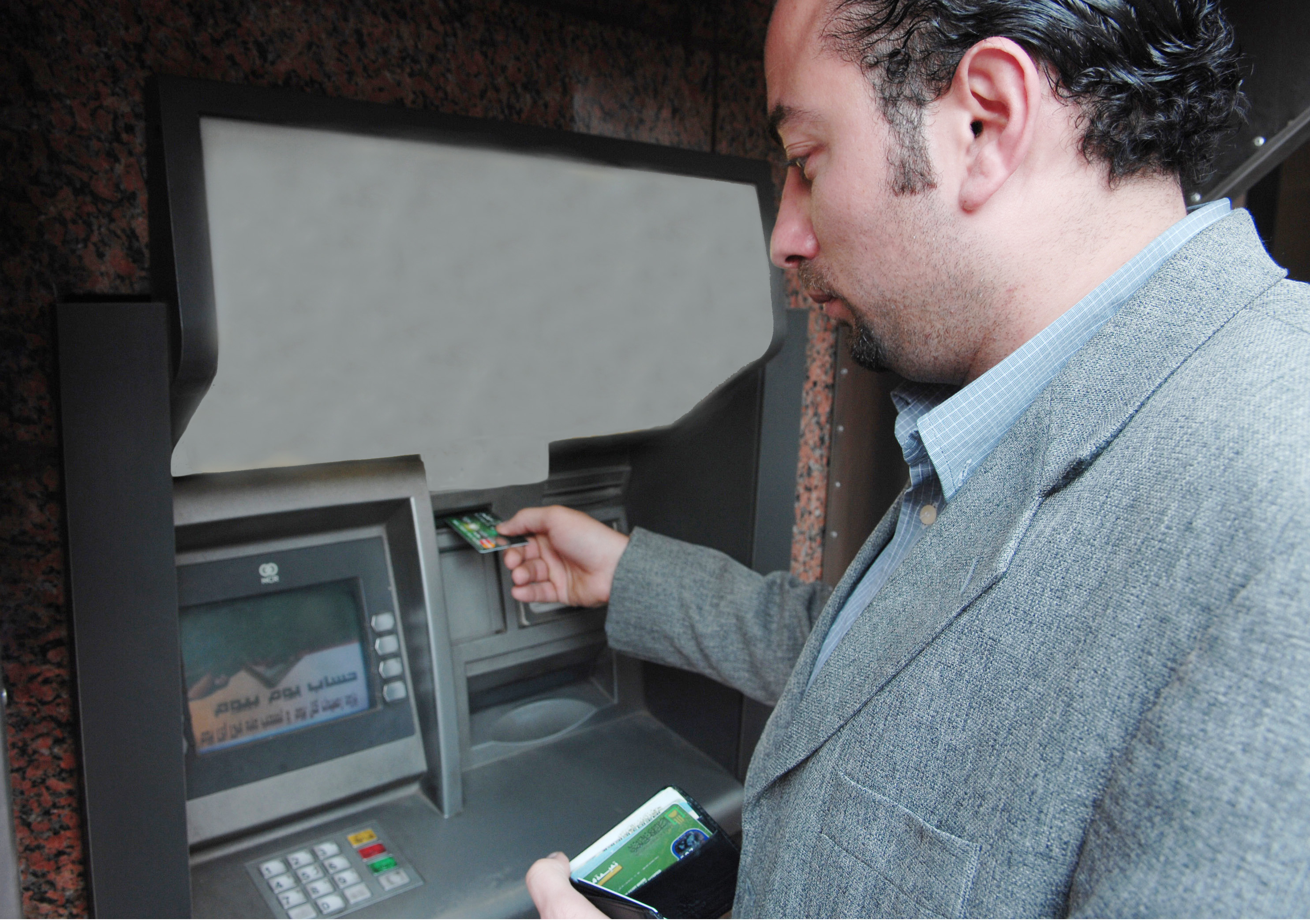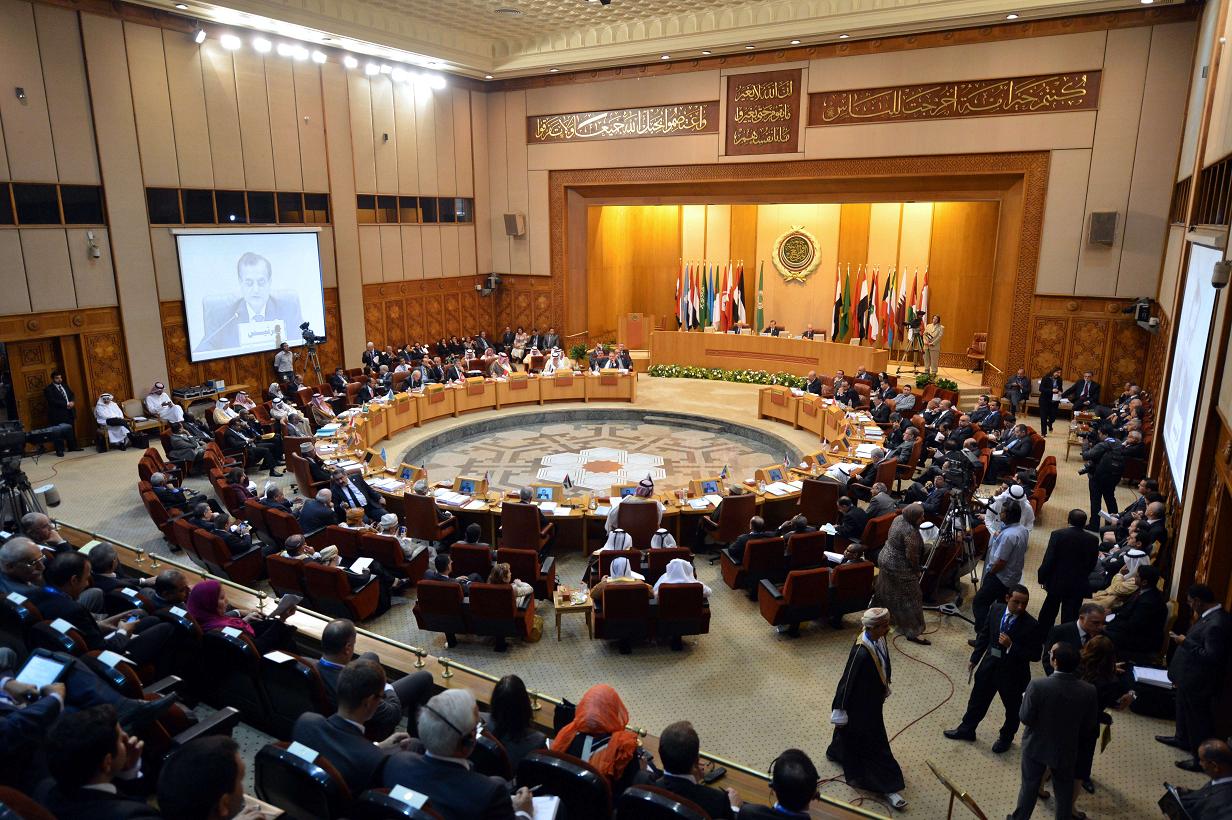Al Ahly Sabbour Developments, a premier real estate developer in Egypt, has unveiled its bold business plan for the year, which entails the addition of approximately 2,000 new feddan by year’s end, as stated by Chairperson Ahmed Sabbour.
Sabbour conveyed to Daily News Egypt the company’s robust expansion strategy, which has already seen a 36% increase in land assets in this year’s first quarter, amounting to 1,045 feddan. This growth includes 181 feddan in Mostakbal City’s initial phase, solidifying Al Ahly Sabbour’s role as a leading developer in the region. Moreover, the acquisition of 864 feddan in Ras Al Hekma on the North Coast bolsters the company’s footprint in this coveted area, complementing its North Coast endeavors. These projects are poised to launch in 2024, marking a significant milestone for Al Ahly Sabbour.
Sabbour disclosed plans for a forthcoming project in the New Administrative Capital (NAC), spanning over 200 feddan, with further details to be announced later in the year.
He attributed the growth of Al Ahly Sabbour’s land portfolio to the resilience and dynamism of Egypt’s real estate sector, which has been a cornerstone of the economy and has adeptly navigated challenges, reinforcing confidence in Egypt’s investment landscape.
Sabbour highlighted the Ras El Hikma region as the next hub for tourism investment, sharing the company’s plans to engage in this large-scale project upon the establishment of the Ras El Hikma company, which the government will oversee.
He also emphasized Mostakbal City’s strategic location in east Cairo, adjacent to the NAC, as a key area for future residential real estate investments.
Al Ahly Sabbour recently announced its ambitious ‘Summer’ project, located on the Alexandria-Matrouh Road. The project’s initial phase is set to commence with an investment of EGP 100bn and a 2024 sales goal of EGP 15bn.
Sabbour noted the company’s target to reach total contractual sales of around EGP 30bn in 2024, a significant leap from the previous year’s EGP 12.4bn. This surge is attributed to the company’s strategy to introduce a broader range of real estate units and products, along with the launch of two new projects, aiming for sales close to EGP 23bn.
He commented on the Central Bank of Egypt’s recent policy shift, allowing market forces to determine the exchange rate, as a timely and correct move. This policy is expected to dismantle the parallel currency market, thereby stabilizing prices across various sectors, including real estate.
Sabbour anticipates market stabilization and a potential price reduction in the near future, viewing the Central Bank’s decision as a positive step towards economic reform and enhancement in Egypt.
He said: “The Central Bank of Egypt’s decision to allow the exchange rate to be determined according to market mechanisms is the right decision. This decision came at an appropriate time, because it will eliminate the parallel market, or as it is called the “black market” for the currency, which has caused confusion in prices in everything, not just real estate pieces.”
In terms of the real estate sector, he foresees a normalization of prices, contrasting with the previous year’s unsustainable surge. A gradual reduction in construction material costs is seen as a sign of market regulation and a return to equilibrium.
Nevertheless, he said that it is unlikely that a decline in real estate prices will occur now with a logical analysis of the market.
He attributed this to the fact that no one yet knows the new decisions that the government will announce in the coming days regarding whether there will be new deals and the entry of new direct investments into the Egyptian market with new projects.
According to Sabbour, most real estate development companies deal with banks, and raising interest rates by 6% will cause an increase in prices, but it will be a logical increase, indicating that hiking interest rates will increase the cost, because they are also added to the bank loans that developer obtains, even on previous loans, but it is certain that this interest will not last forever, and will decrease again. These are all economic measures to regulate general economic conditions, and after controlling the market, things begin to stabilize.
He pointed out that the company is carefully studying how to hedge against any unforeseen changes that may occur, especially since the company’s projects, from beginning to end, have long investments of 10 to 15 years.




